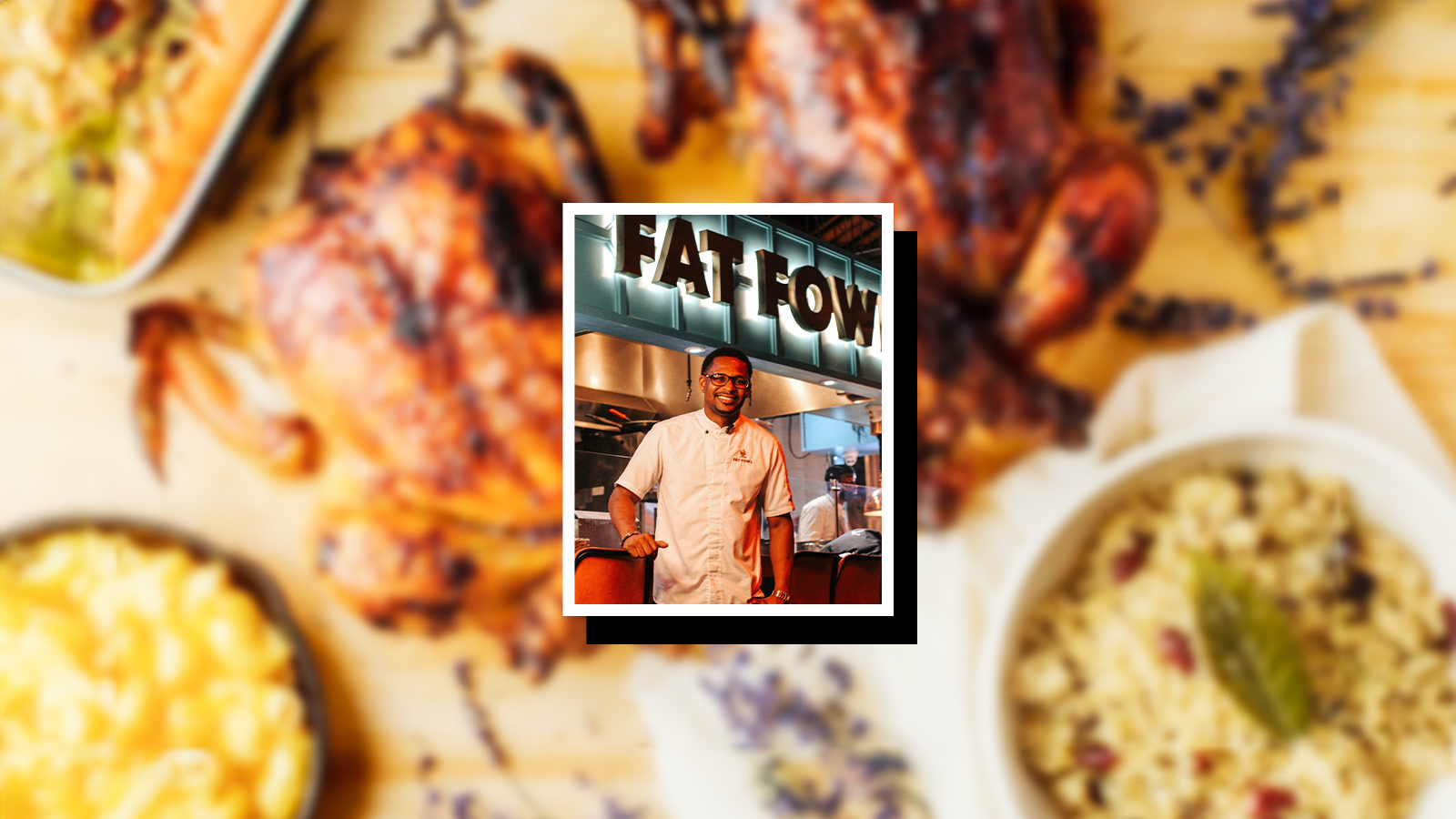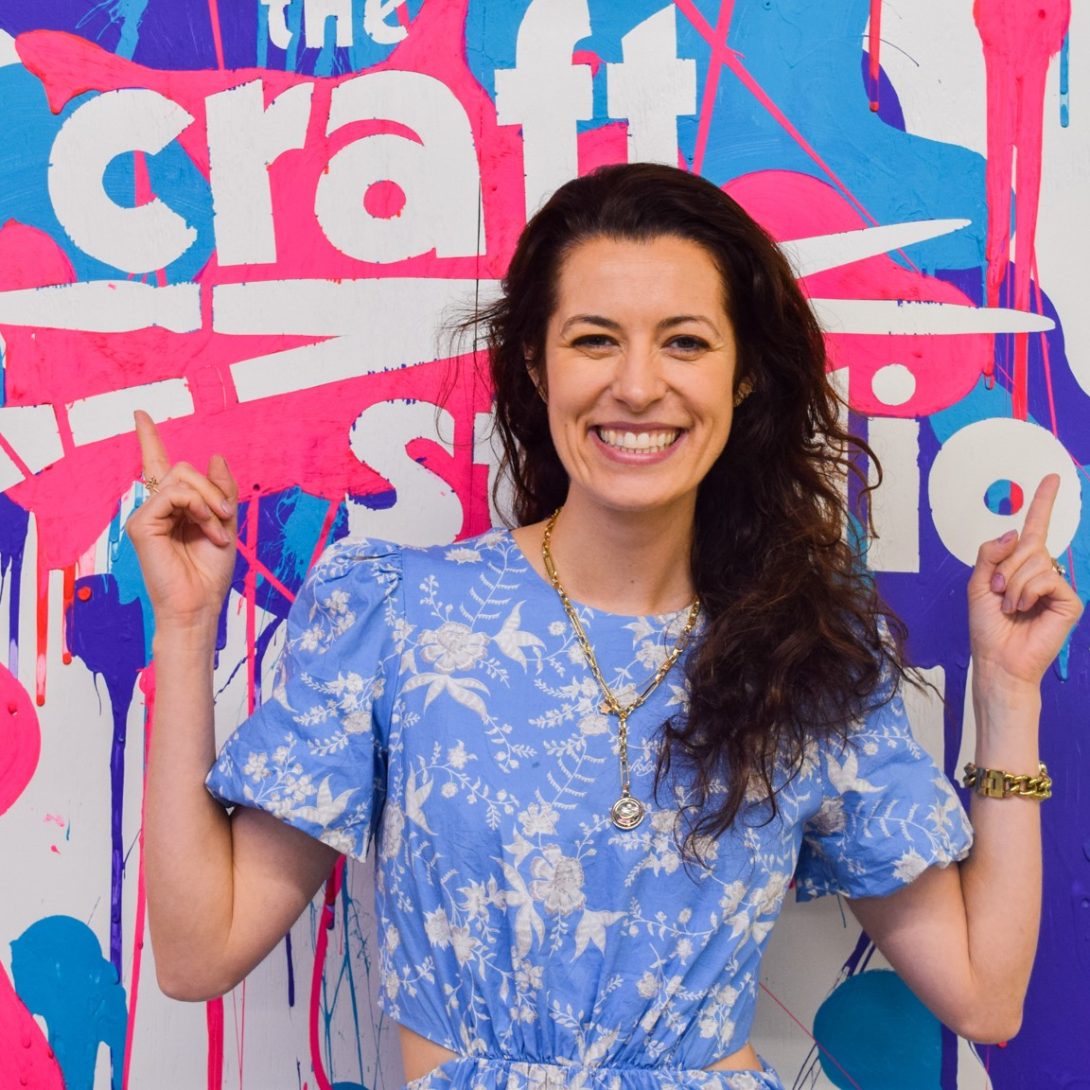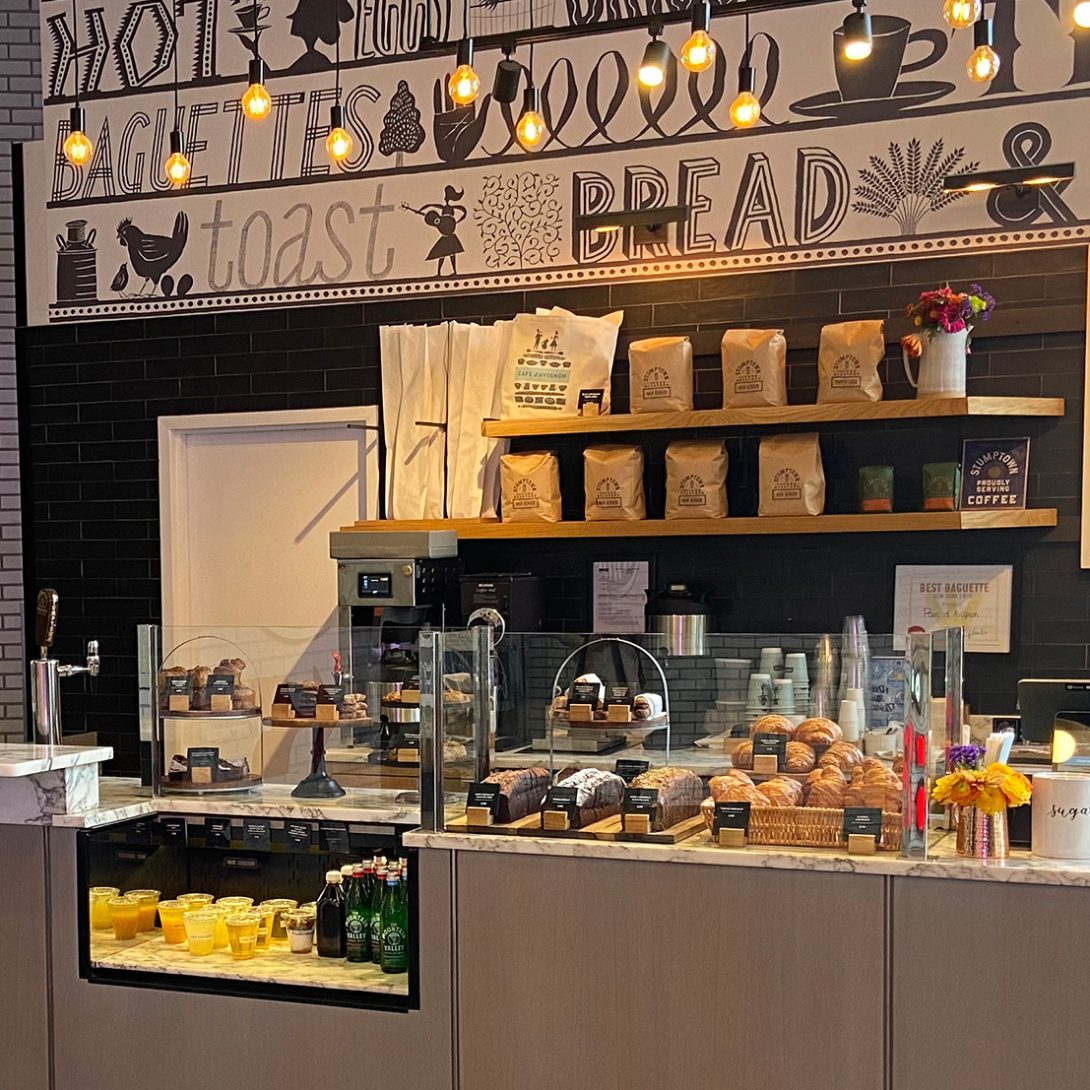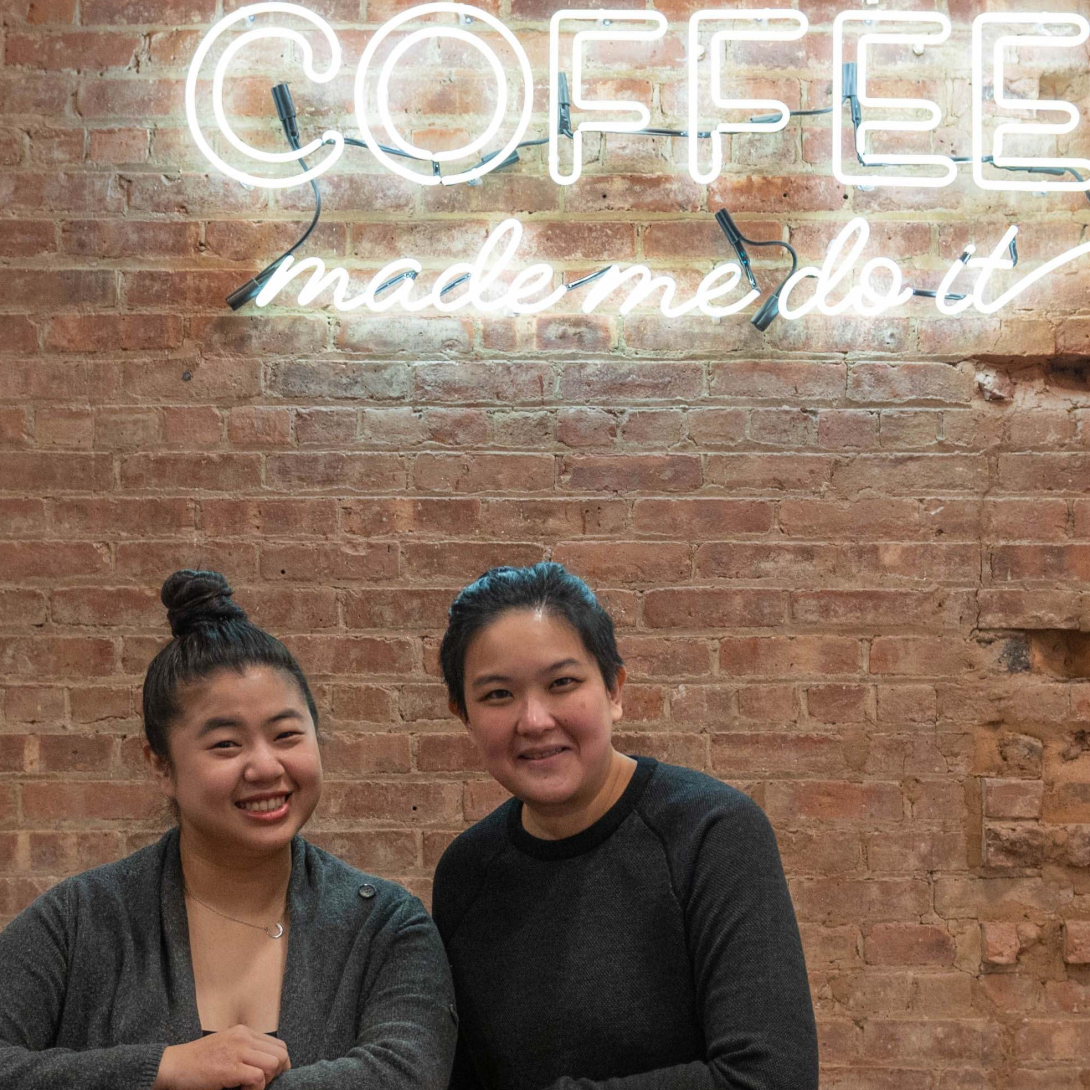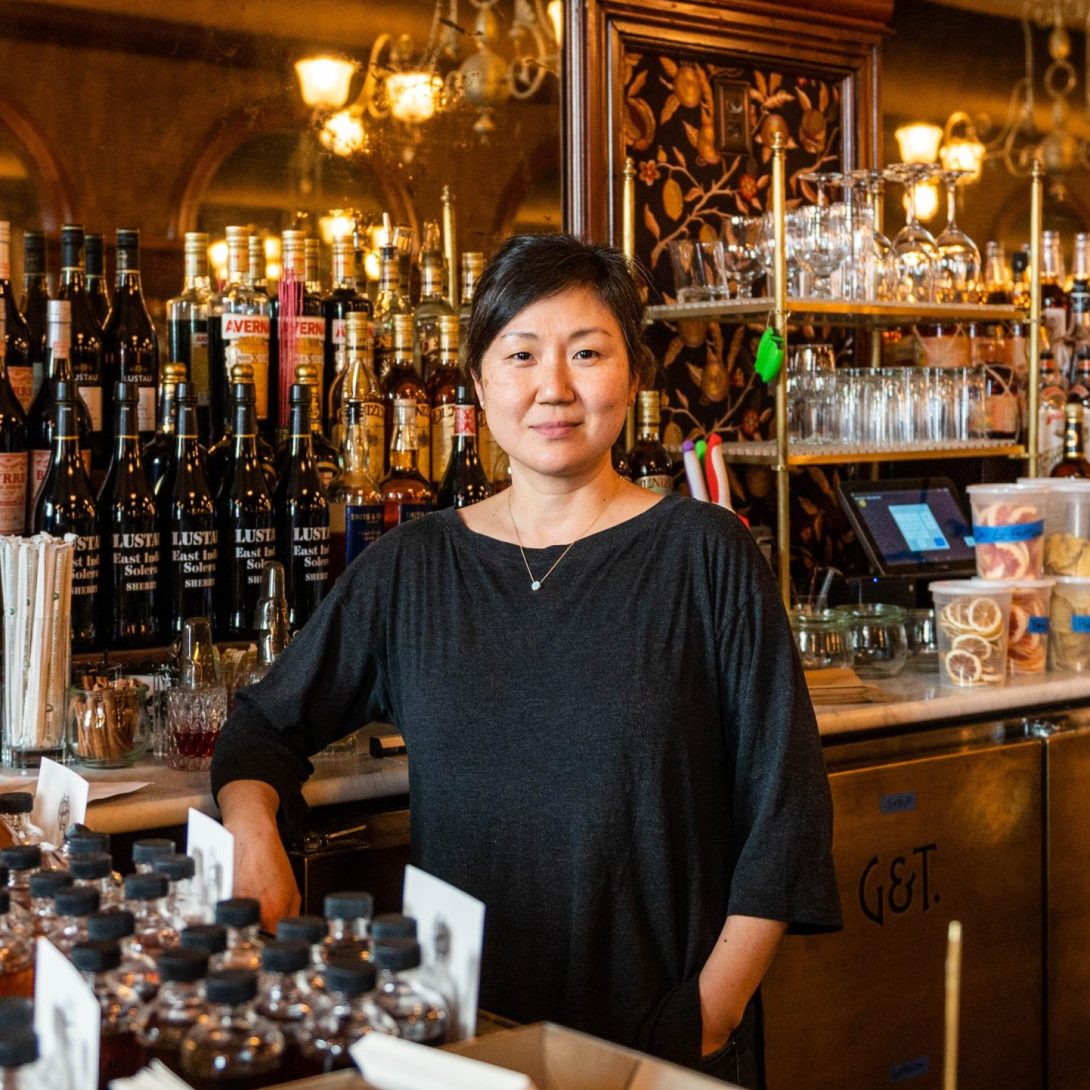Make your way to DeKalb Market Hall at City Point BKLYN and you’ll find Fat Fowl, the brainchild of chef-turned-celebrity Shorne Benjamin. Fat Fowl has recently become a viral sensation on social media, due in large part to Chef Benjamin’s innovative and inventive take on Caribbean fusion food. Come lunchtime, patrons are lined up at Fat Fowl’s outpost in anticipation of its signature specials such as oxtail grilled cheese and lavender rotisserie chicken. We recently chatted with Chef Benjamin to get the story behind Fat Fowl, his source of inspiration, and the challenges he faced along the way.
DBP: Hi, Chef Benjamin! Tell us a little bit about yourself. Where did you grow up, go to school; what inspired you to become a chef?
Chef Benjamin: I immigrated to Brooklyn in my late teens from the beautiful island of St. Lucia, known for the incredible Pitons and a unique medley of Caribbean, African, French, and English cultural influences. Back then, I associated Manhattan with success and people who’d “made it”, so for a long time it was a kind of motivator and so I focused on living there. Ironically, while I was focused on Manhattan, it was Brooklyn that embraced me. Fast forward to today, it’s of course home to my culinary contribution to the city: Fat Fowl.
I didn’t start out in culinary. I went to college and took a job in finance. When I lost that job during the financial crisis of 2008, I turned to an interest I’d developed at age seven thanks to my grandmother: cooking. My grandmother cooked for the household, brought the family together for Sunday dinners, and owned a restaurant in Soufriere. I learned first-hand from her the rewards of feeding a community. She was my motivation while training in some of the best five-star restaurants in the city. Traits that she instilled in me got me through fitting in in a different country, and surviving in an industry that, frankly, can be brutal.
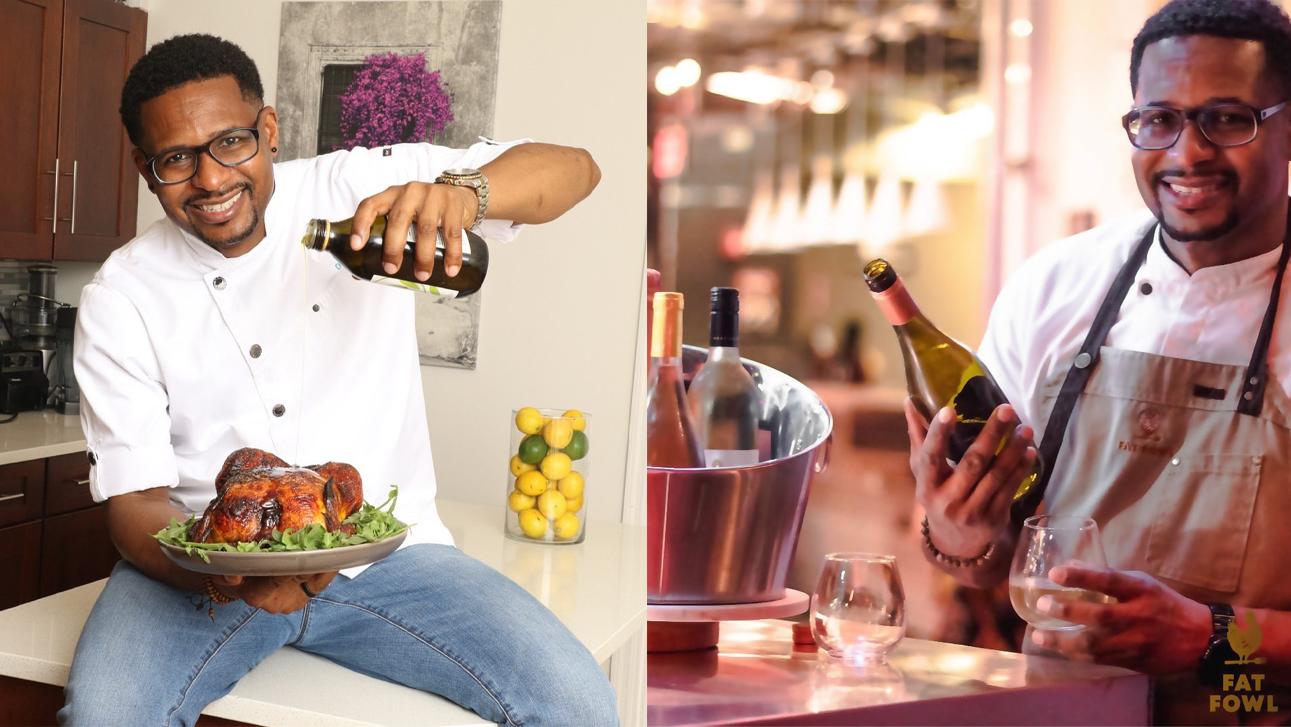 Photo (left): Jeffrey Gamble Productions
Photo (left): Jeffrey Gamble Productions
DBP: How did Fat Fowl get started? What challenges did you face?
Chef Benjamin: Obviously, the world changed because of the pandemic, and this was felt greatly in the culinary and hospitality industries. While I’d always wanted my own restaurant, I’d been working at the Andaz Hotel on 5th Avenue for over a decade. Then all the hotels in the city closed their doors and I was once again out of work. So I reinvented myself again! I did online tutorials and curbside pickups. Eventually I was offered an opportunity to join DeKalb Market, and Fat Fowl was born. I faced many challenges: finding capital; sourcing equipment and ingredients; learning how to run a business; living in the red for the first year plus of business; labor issues; the trials of forming a team. Starting a business is hard work, perhaps the hardest thing I’ve ever done, but also incredibly rewarding.
DBP: Why Downtown Brooklyn? What are your favorite things about Downtown Brooklyn?
Chef Benjamin: Downtown Brooklyn has been the perfect location — I could not ask for more! Brooklyn, of course, is home to one of the largest Caribbean populations in the city so there’s a built-in loyal audience for my “New Age Caribbean” style of cooking, which I greatly appreciate, but there’s also Brooklyn’s many non-Caribbean residents who also are eager to try new food. Downtown Brooklyn is so easily accessible from all parts of the city, whether you’re driving or taking any of the city’s many forms of public transportation — it’s a travel hub. I also have been blessed to have people travel from all over the city, and many from out of town, just to try Fat Fowl. I love the people, the diversity and how willingly Brooklyn has embraced me. I can’t tell you how many times people have stopped me on the street or in the subway all over the borough to say, “you’re the oxtail grilled cheese guy!” It’s humbling.
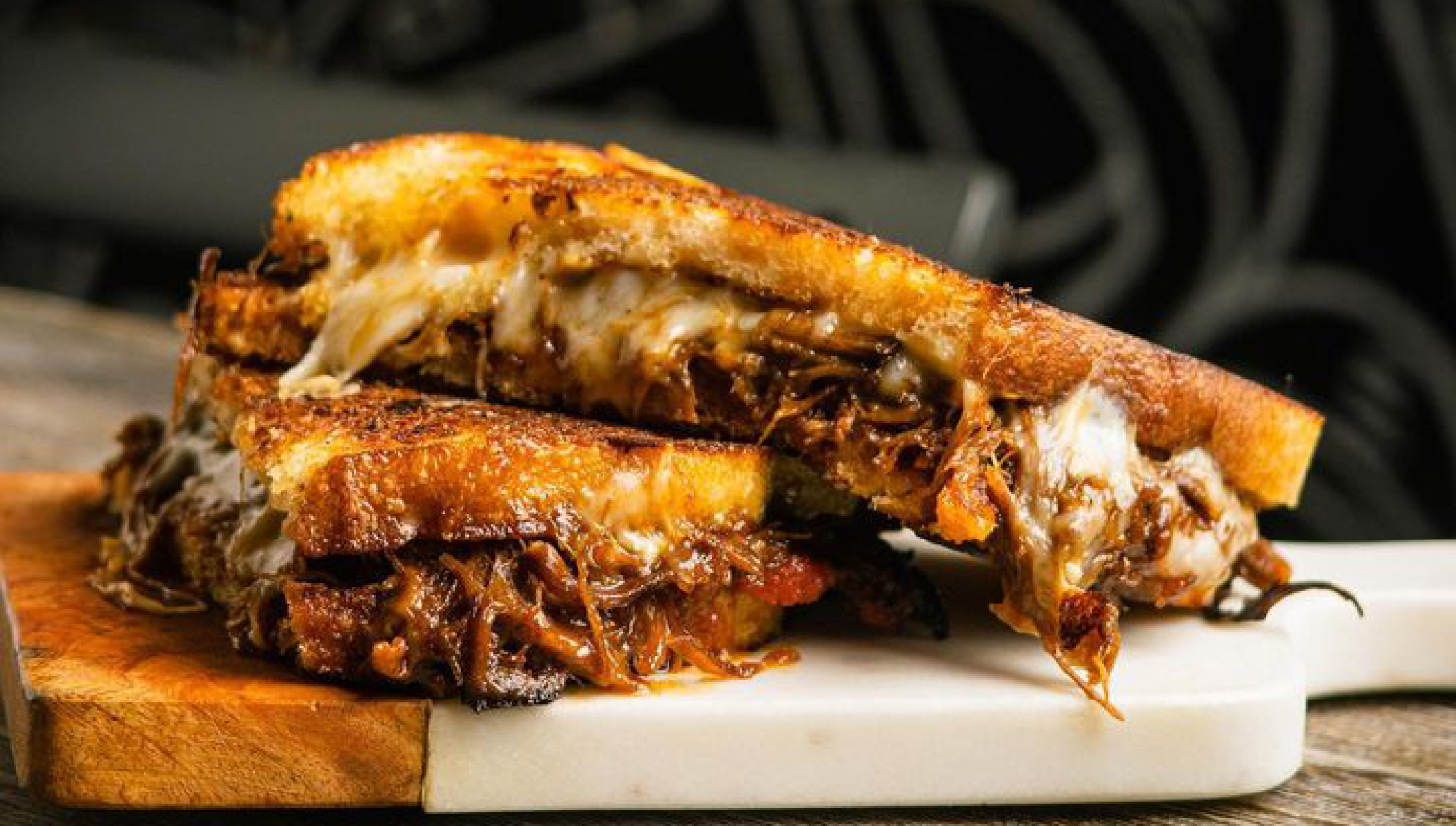
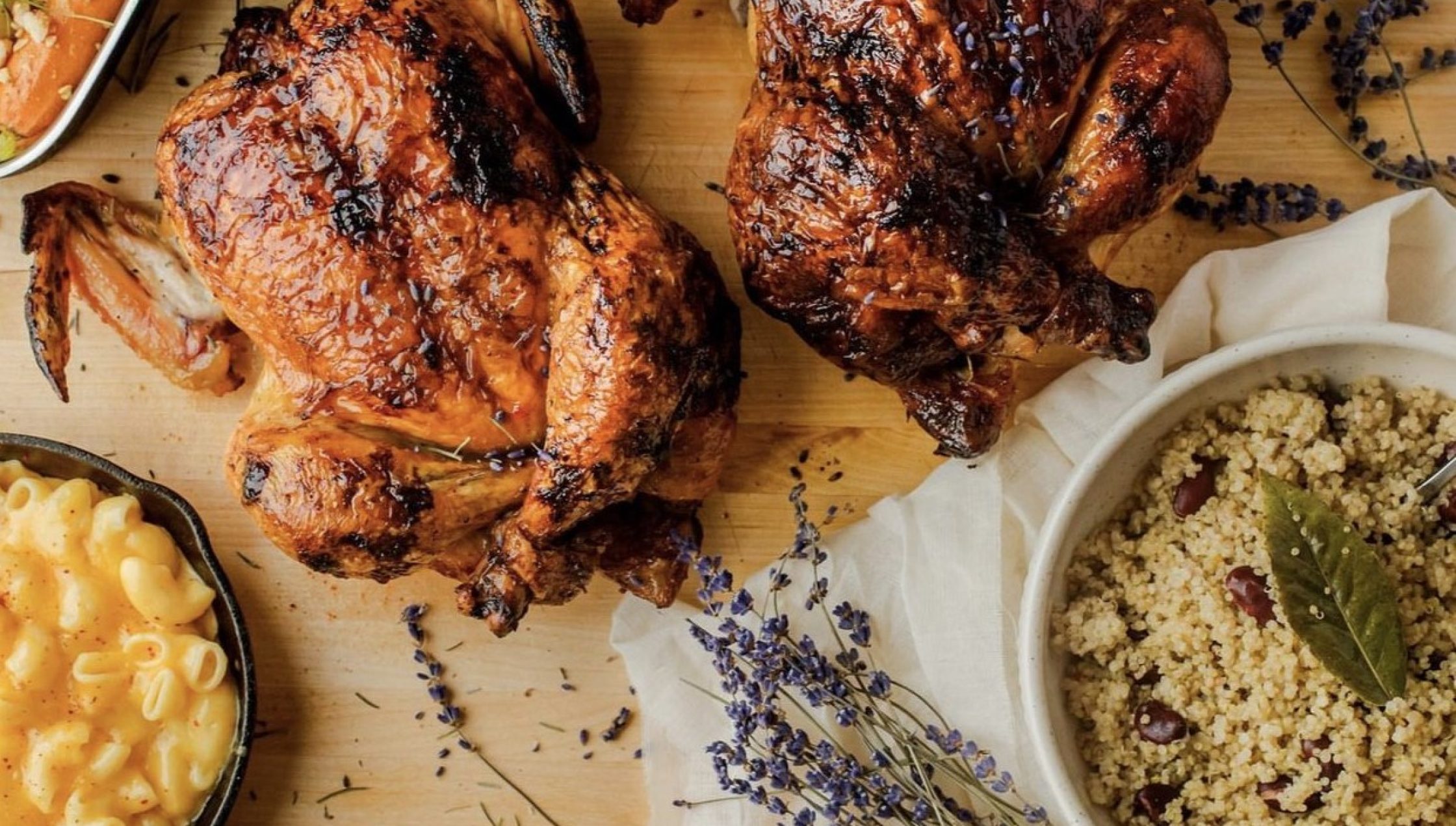
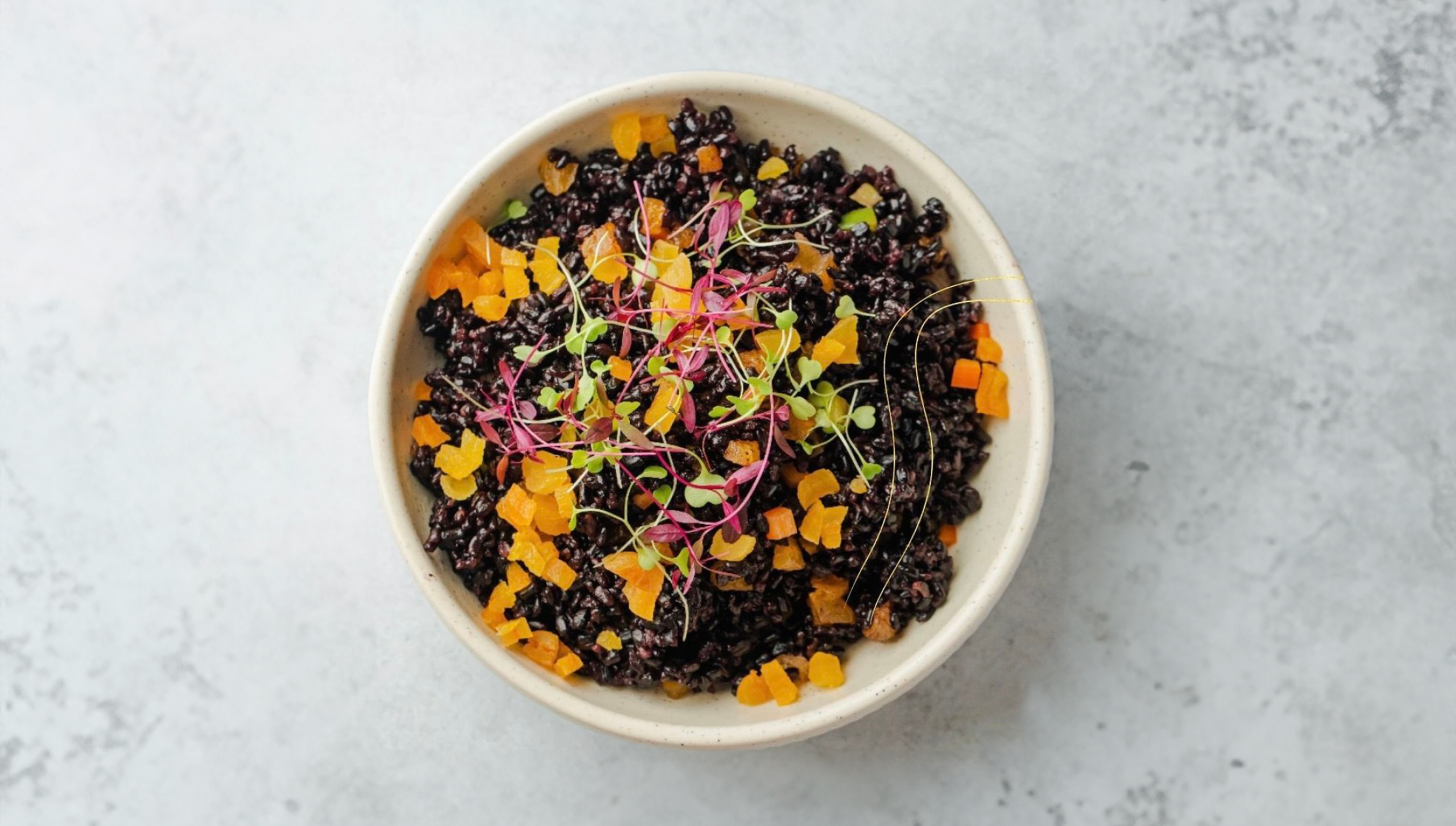
Photos courtesy of Fat Fowl
DBP: You’ve said that you want the media and food industry to look at Caribbean cuisine as more than just traditional comfort food.
Chef Benjamin: When any cuisine gets painted as “only” one thing, it limits our ability to explore its potential. It also can influence customers’ willingness to try new things. It makes it difficult for chefs who are innovating with Caribbean food. While the Caribbean is a diverse region with many different types of flavors and foods, many people have either not had any exposure to it or have only been exposed to a few dishes — and they are often strongly opposed to deviating from that familiarity.
DBP: How does Fat Fowl elevate Caribbean cuisine to the level of fine dining?
Fat Fowl takes traditional Caribbean flavors and transforms them by using the freshest ingredients and presenting dishes in a different way, making them familiar and accessible, but also radically new. Oxtail, for example, in the Caribbean is commonly stewed and served over rice and peas. At Fat Fowl, we braise it till it falls completely off the bone, then pair it with Gouda, and recreate it as a grilled cheese sandwich.
DBP: What can we look forward to from Fat Fowl?
Chef Benjamin: First and foremost, we’re going to continue to focus on great customer service and putting out high quality, creative foods, made fresh. We’d also love to expand and so are exploring opportunities.
Through Fat Fowl, Chef Benjamin is redefining Caribbean cuisine and creating a culinary haven where tradition meets change. By challenging stereotypical notions of Caribbean cuisine and elevating it to new heights, Fat Fowl continues to pave the way for a broader appreciation of culinary diversity — and we could not be more proud of the fact that such innovation is taking place right here in Downtown Brooklyn. Be sure to keep up with Fat Fowl by following them on Instagram — and tag us when you eat there so we can repost!
